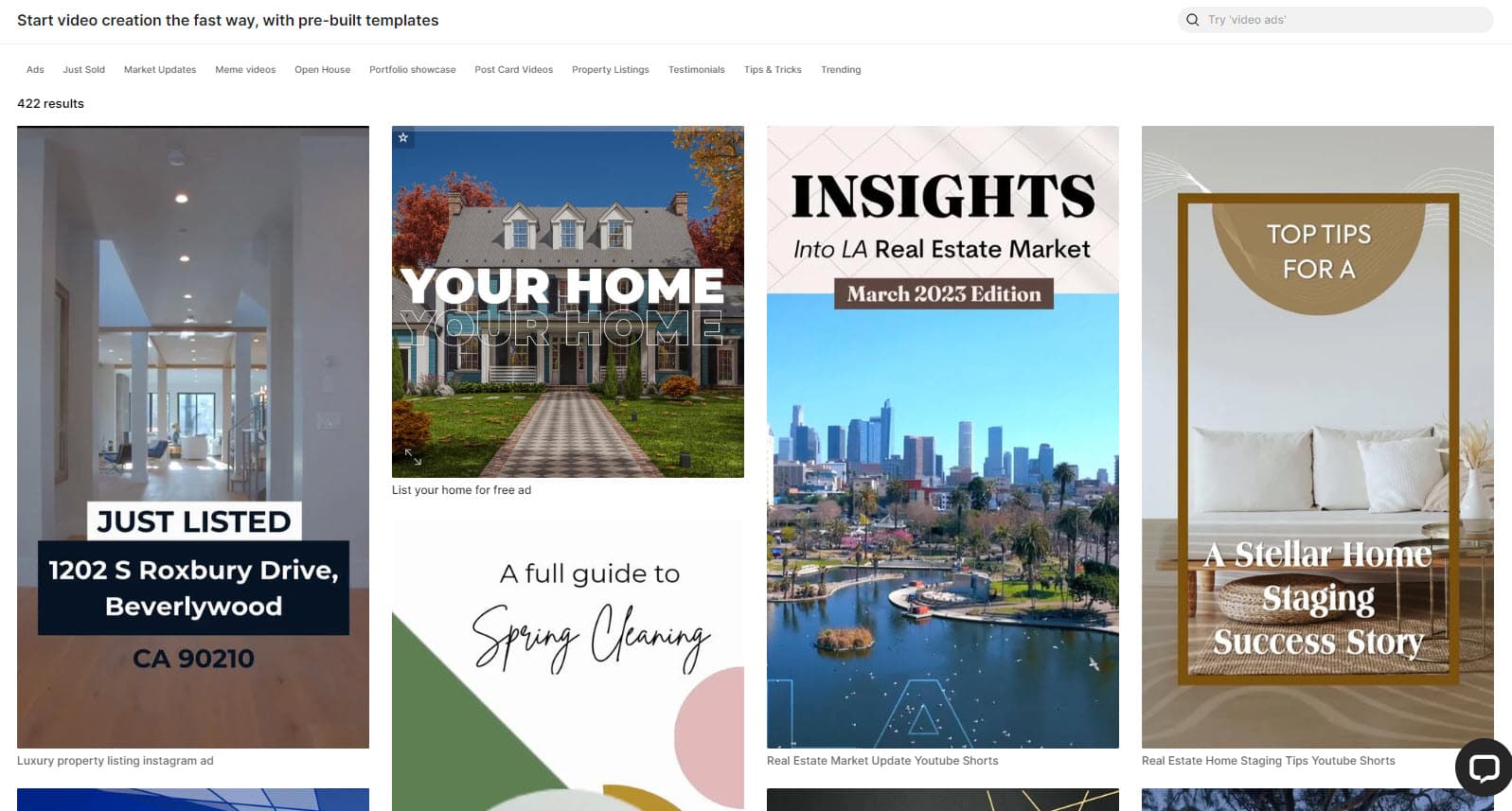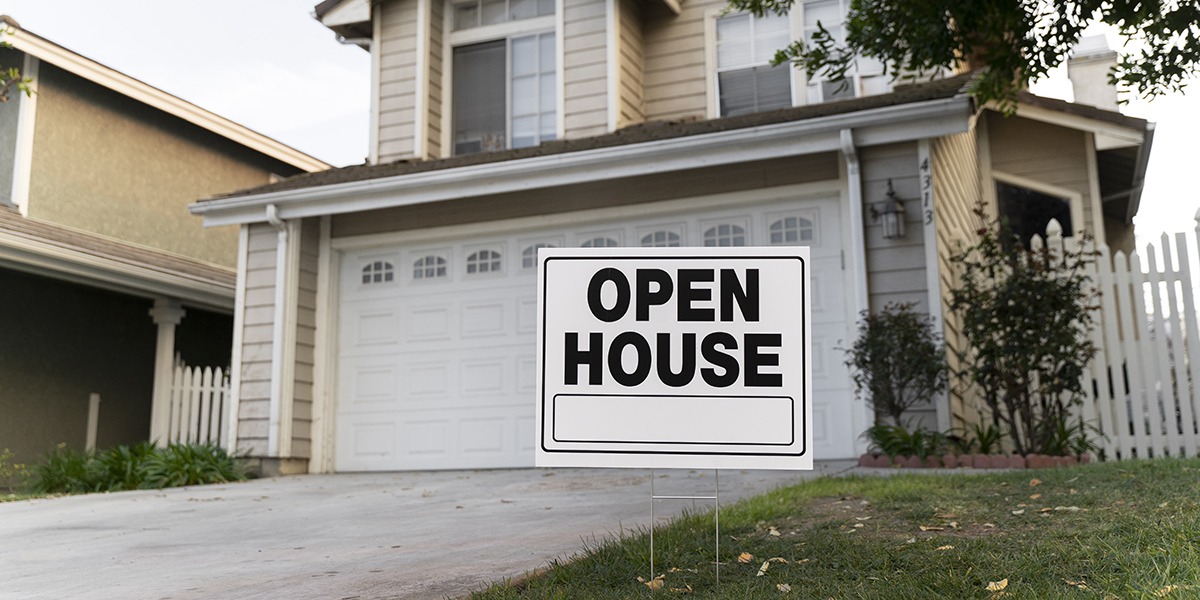I have worked closely with numerous successful real estate agents over the years. I’ve seen firsthand the marketing tactics that enable agents to grow their business in today’s competitive landscape.
While no two agents have the exact same approach, I’ve identified several core strategies that the top producers consistently follow to stand out from the competition and accelerate their lead generation.
Whether you’re a seasoned agent looking to further amplify your marketing, or just starting out building your real estate practice, implementing even just a few of these proven strategies can help position you for success.
In this guide, I’ll share the organic and paid marketing best practices I recommend based on what I’ve seen tangibly work for agents to build lasting brand authority and connect with motivated buyers and sellers.
My goal is to provide actionable tips to help you establish a memorable brand presence, nurture your sphere of influence, expand your reach through events, and promote listings in a strategic, results-driven manner. Let’s dive in!
![Property marketing for estate agents [A guide for 2022] - Elements Property](https://elementsproperty.co.uk/wp-content/uploads/2022/04/property-marketing-real-estate-agent-scaled.jpg)
Use Social Media to Build Your Brand
Social media presents a prime opportunity to establish yourself as an authoritative, trustworthy real estate advisor in your local market.

Platforms like Facebook and Instagram allow you to directly engage with prospective clients in your area regularly. Share local real estate news, open house announcements, neighborhood highlights, as well as market reports and analysis. This positions you as an expert source for the latest real estate trends and demonstrates extensive knowledge about different neighborhoods and property types.
When sharing home listings, don't just post photos and basic specs. Provide unique insights and commentary around desirable features, recent renovations and upgrades, schools assigned to the property, and notable landmarks or amenities nearby. This helps showcase your intimate understanding of each home and neighborhood you serve.
In addition to posting your own content, engage with others by commenting on neighborhood groups, sharing user-generated content when permitted, and responding to comments and messages. Being helpful and accessible to followers enables you to convert social media connections into real estate leads and eventually, loyal clients.
| Marketing Channel | Key Tactics |
|---|---|
| - Create a professional business page - Post at least once daily - Share listings, market updates, event announcements - Engage with followers by commenting and responding to messages/comments |
|
| - Post appealing photos and videos of listings, neighborhoods, events - Use relevant hashtags to increase discoverability - Share Stories frequently to provide followers a peek behind the scenes - Use Linkin.bio to link IG profile to your website/listings |
When managed consistently, social media provides unparalleled opportunities to establish yourself as an approachable yet knowledgeable real estate advisor.

Harness Referrals Through Sphere of Influence Marketing
They say that in real estate, your sphere of influence will make up over 80% of your business. As the adage goes, “all real estate is local.” Time and again, I’ve found this to be true working with realtors to grow their businesses substantially through strategic sphere marketing.

Your sphere encompasses your inner circle of contacts developed through personal and professional relationships. This includes friends, family members, past clients, colleagues, acquaintances from local organizations or groups, etc.
The key is to consistently nurture relationships with everyone in your sphere through regular check-ins and thoughtful touchpoints, not just when you have an urgent listing or buyer request.
This establishes you as a reliable, long-term real estate advisor. When the time comes for someone to buy, sell or invest in real estate, you will naturally be the first one they contact.
| Sphere Marketing Tactics | Details |
|---|---|
| Maintain a contacts database | Use a CRM platform to maintain detailed records for each contact, including notes on family, professional/personal background, real estate interests and timeframe, past transactions, etc. Document each interaction to remember key details. |
| Segment and categorize key contacts | Identify contacts likely to transact in the near term (next 3 months) to focus marketing efforts. Similarly, tag investors, buyers looking to upgrade, downsizers, etc. to send targeted communications. |
| Send personalized communications | Nurture sphere contacts through regular check-ins via calls, emails, texts, handwritten notes and invite them to individualized open houses and events relevant to their needs.. |
| Request referrals | Don’t be afraid to ask satisfied contacts to recommend you to family, friends and colleagues if appropriate. Referral rewards programs can provide further incentive. |
| Expand your sphere | Get involved with local community groups and organizations to continually grow your sphere of influence. |
The key is consistency. By staying top of mind with past clients and nurturing your sphere through helpful, personalized touchpoints, you generate organic word-of-mouth referrals and repeat business. This provides a reliable foundation to supplement your other prospecting efforts.
:max_bytes(150000):strip_icc()/Priamry-Image-best-real-estate-lead-generation-companies-2023-7552820-a661d3915cc649ec97ab64016370c5e0.jpg)
Host Events to Attract Buyers and Sellers
Hosting real estate focused events allows you to efficiently expand your sphere of influence and acquire new leads. Events position you as an approachable expert and let you forge direct connections with prospective buyers and sellers in an informal, yet informative setting.
Consider hosting events like:
Neighborhood Open Houses: Invite residents to tour 2-3 attractive listings in a popular neighborhood. This lets you showcase in-demand listings while answering questions about the area from interested attendees. Centralize the event around a theme like family-friendly homes, luxury living, fixer-uppers, etc. to attract relevant buyers.

First-Time Home Buyer Seminars: Create an educational seminar targeted for first-time buyers to walk them through the home buying process. Provide tips on saving for a down payment, navigating financing, understanding closing costs, etc. Attract attendees by advertising on neighborhood Facebook groups, community centers, libraries, etc.
Real Estate Investing Workshops: Educate attendees interested in investment properties. Discuss popular rental markets in your area, ROI analysis on rental properties, first steps to leasing out and managing properties, and recent success stories.
No matter what the topic, position yourself as the expert by delivering meaningful insights for attendees. Have a system to capture attendee contact information to continue nurturing them post-event into clients. Keep top of mind through follow-up email campaigns and individual consultations tailored to their needs.
Events also give you the opportunity to partner with local businesses to expand reach. For instance, for first-time buyer events, collaborate with lenders and credit unions to have reps on site to answer financing related questions.
Generating exposure by hosting regular events will grow your credibility in the community and build a strong pipeline of prospects.
![13 Inspiring Real Estate Facebook Ads Examples [2024]](https://blog.hootsuite.com/wp-content/uploads/2023/05/real-estate-facebook-ads-11.jpg)
Promote Listings Through Paid Advertising
While organic marketing strategies focused on relationship building work extremely well, incorporating paid advertising provides that extra push needed to drive listing leads and exposure.
Target buyers looking in specific neighborhoods: When you obtain a new listing, create locally targeted ads promoting the property to get it in front of buyers actively searching within the neighborhood online and on social media platforms like Facebook and Instagram. Microtargeting buyers geographically increases relevance.
For example, say you just listed an updated 4-bedroom house in the East Village area of Downtown. Create ads with details on the home targeting buyers searching for properties online within 1–2 miles of Downtown East Village, perhaps following Instagram hashtags like #EastVillageLife and #DowntownEV. This grabs the attention of relevant buyers excited by the new listing.
Highlight specialized listing features: Create ads around notable listing features and home attributes likely to resonate with buyers, like outdoor living space, large basement, attached garage, expansive kitchen, etc. Target buyer demographics that find those attributes desirable.
For example, for listings featuring finished basement spaces, target ads to parents in the area looking for playrooms and home gyms. Fit this into your overall narrative – “This East Village charmer checks all the boxes for growing families...” This helps listings stand out.
Retarget website visitors: Install website tracking like Google Analytics to identify visitors who viewed specific listing pages but haven’t contacted you yet. Create customized ads to re-engage them when they visit other websites through platforms like Google Ads and Facebook.
For example, if a potential buyer visited the listing page for the East Village home but hasn’t inquired about a showing, serve them an ad on Facebook targeting recent visitors to your website. This ad will promote the benefits of the home specifically tailored to them. The key is keeping your listing top of mind even as they look at other options.
| Paid Channel | Implementation Tips |
|---|---|
| Google Ads | - Target listings by neighborhood - Show ads when users search for buying-related terms like "Downtown homes” |
| Facebook Ads | - Target by demographics like income, age range, interests - Retarget website visitors - Use lead generation ads to capture buyer info to nurture |
| Instagram Ads | - Use visually appealing assets from listings - Geo target users within a few miles from property location - Hashtag targeting around neighborhoods |
The key is continually testing ad variations, audiences, creatives and analyzing performance to optimize paid campaigns for increased listing visits, inquiries, and buyers contacting your clients.
A thorough digital marketing strategy promotes your expertise, engages your network, expands your reach, and generates leads. Mixing organic and paid techniques amplifies your marketing.






